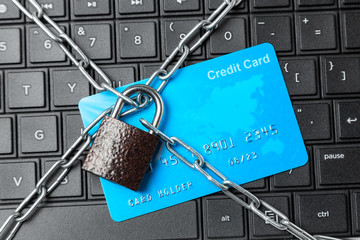When you are released from prison on parole, you are required to comply with certain terms and conditions in order to protect your newfound conditional freedom. If you violate parole in New Jersey, it can lead to significant consequences and potential reincarceration. It is important to understand the ins and outs of the legal process after being released on parole. If you have concerns about your rights and responsibilities during this time, reach out to an experienced Mercer County criminal defense lawyer to discuss your situation today.
What is a Parole Violation?
Parole is a form of conditional release that allows imprisoned individuals to be let out of prison before the entirety of their sentence has been served. Instead, the individual is permitted to serve the remainder of their sentence in the community, given that they are supervised and abide by certain rules set by the court.
When the released individual disobeys one of the conditions of parole, it is known as a violation. Common parole violations include the following.
- Failing to check in with the parole officer
- Testing positive for drugs or alcohol
- Committing a new crime
- Failing to maintain or pursue employment or education
- Being issued a restraining order
- Breaking curfew
- Failing to inform the parole officer about a change in residency
- Traveling out of state without prior approval from the parole officer
- Possessing a firearm or other weapon
- Refusing to submit to drug or alcohol testing
There are several general parole conditions that all parolees are expected to comply with. However, each individual will likely be issued additional terms tailored to the unique situation. Failing to abide by these conditions is a violation of parole and can result in various penalties.
What Happens if You Violate Parole in NJ?
The consequences of violating parole can vary significantly depending on the details of the circumstances. For example, parolees are required to check in regularly with their parole officers. If you got called into work and forgot to let your parole officer know, causing you to miss a check-in, it is technically a violation of parole. However, if it is your first time slipping up and it was a genuine mistake, you may not face extreme consequences. You may be given a warning or increased monitoring for a time after the offense.
However, more serious violations will result in harsher punishments. For example, purchasing a firearm or being arrested for a new criminal offense are severe violations and will be treated as such. If there is probable cause to believe that you have seriously or continuously failed to comply with the conditions of your parole, your parole officer can arrest you and schedule a hearing to determine whether you have violated the terms of your supervision.
The NJ State Parole Board will conduct a hearing to decide whether there is probable cause of a serious or persistent violation. If there is not, you will be released and continue serving your parole. If there is, however, a revocation hearing will be conducted to determine whether parole should be revoked.
In the end, you could be returned to custody or permitted to continue parole with or without enhanced conditions. It is imperative that you fully understand your legal rights and options during this time. Work with an experienced attorney for skilled representation and legal advice.



